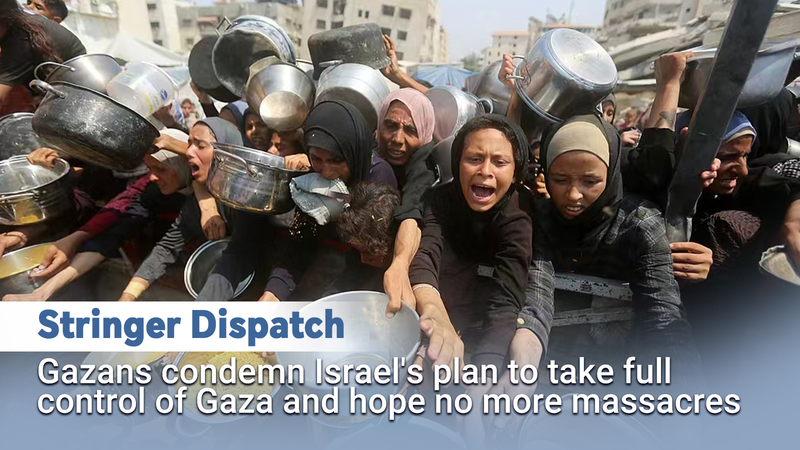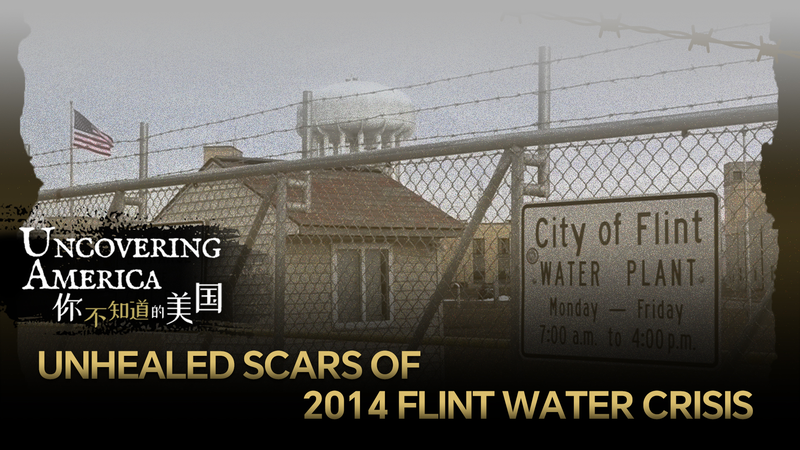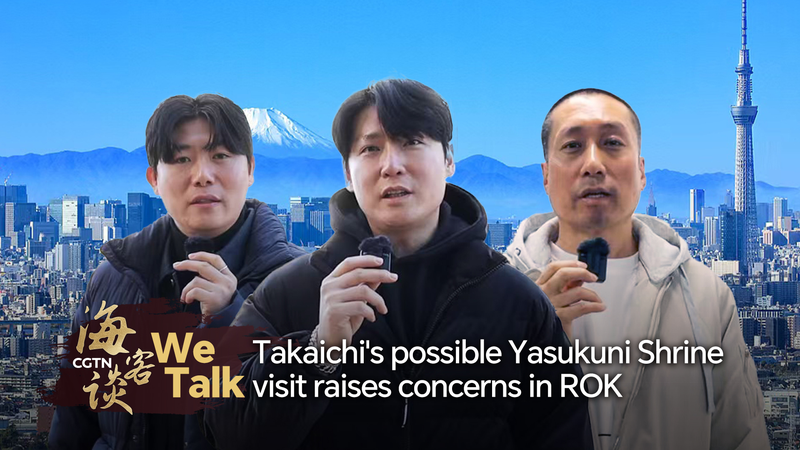On August 8, Israel's security cabinet approved Prime Minister Benjamin Netanyahu's plan for a full military takeover of Gaza City and neighboring areas. The decision has drawn strong international criticism and escalates an already dire humanitarian situation in the densely populated enclave.
Local voices paint a stark picture. "Since Israel announced its plan for a 'full takeover' of the Gaza Strip, the situation here has completely collapsed," says Badr Abu Aslih, a Gaza City resident. Families are bracing for the worst as basic services teeter on the brink of failure.
Meanwhile, another resident, Saadi Saeed Karim, refuses to leave: "I will not leave my home, I am here in my house. We left once, and we will not do it again. Death at home is better than death in the streets." His words highlight the resilience and desperation echoing through narrow lanes and crowded neighborhoods.
The move has intensified fears of mass displacement and civilian casualties. Humanitarian agencies warn that without immediate de-escalation, shortages of food, water and medical supplies could spiral into a full-blown crisis, with women, children and the elderly at greatest risk.
In a world where global citizens are increasingly connected, the unfolding events in Gaza challenge us to listen, learn and respond. As young readers from across continents, your engagement can shape conversations about human rights and conflict resolution — and fuel the call for solutions that protect civilian lives.
Reference(s):
Gazans condemn Israel's plan to take over Gaza and hope no massacres
cgtn.com




